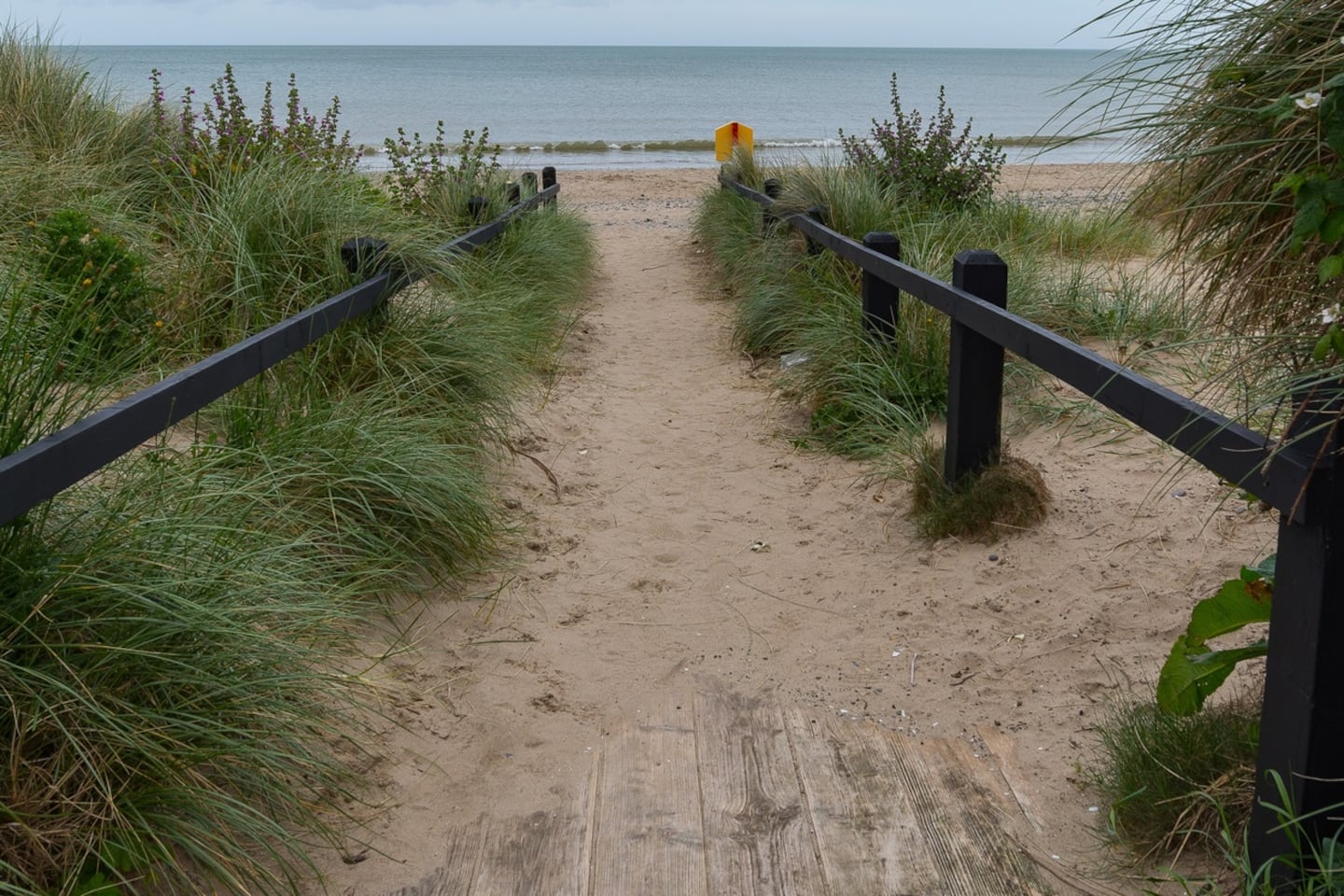The Government may have just months to axe the 32-million-a-year cap on passengers at Dublin Airport before the US limits Aer Lingus flights to its airports, a North American industry group warns.
Airlines for America (A4A), whose members include US and Canadian carriers that fly from the US to the Republic, maintains that the passenger limit on Dublin Airport breaches European Union-North American open-skies air-travel treaties.
According to Keith Glatz, A4A’s senior vice-president of international affairs, the US could respond to the cap by limiting Irish airlines’ access to the US. Aer Lingus is the only Irish carrier offering regular scheduled transatlantic flights.
Mr Glatz explained that he was not speaking for the US government, but noted that “typically” Washington’s department of transportation can respond to an illegal breach of the treaty by limiting the number of cities to which a country’s airlines can fly.
READ MORE
He cautioned that the time left for the Irish Government to end the cap and avoid such a sanction was narrowing. “We’re talking about a couple of months to get this done, and not a year,” Mr Glatz said.
The pressure from the US administration on the Government to act is likely to increase as time progresses, he predicted.
[ Dublin Airport passenger cap to be breached this year, says DAAOpens in new window ]
Mr Glatz stressed that A4A believed that Darragh O’Brien, Minister for Transport and the Government, wanted to keep a pledge to lift the cap and ensure the Republic complied with air-travel treaties.
He also maintained that his organisation had good relationships with both Mr O’Brien and the Department of Transport.
“We’re working closely with them, they’re working with the US government, they’re moving, but slower than we would like them to move,” he said.

How the wealthy are buying up land to avoid inheritance tax
“They understand that they have to do this, and that now is the time to get this done, before a small issue becomes a larger, international dispute.”
A4A believes that legislation to lift the cap is drafted, meaning that it is simply a matter of time before the Oireachtas passes it and the cap is lifted.
Planners imposed the limit in 2007 as a condition of allowing airport operator, DAA, to build a second terminal at Dublin, to address fears of traffic congestion.
Shortly after taking office in January, Mr O’Brien confirmed that he had sought the advice of Rossa Fanning, Attorney General, on resolving the row through legislation.
The Minister subsequently predicted this would be ready by the autumn.
A department spokesman said on Monday that the Minister was examining a range of issues relating to the passenger cap and was continuing to “engage with key stakeholders”.
The High Court suspended the cap’s implementation when it referred questions raised in a legal challenge by airlines to the European courts.
A4A is a party to that challenge, initiated by Aer Lingus and Ryanair, but Mr Glatz said that the referred issues related to European and Irish competition law, not to European Union-North American air-travel treaties.
He argued that those treaties made possible the Republic’s relationship with the US, worth trillions of dollars, and predicted that lifting the cap would spark further growth.
Aer Lingus did not comment on any likely sanctions but the airline has consistently warned of the economic damage that it threatens.















